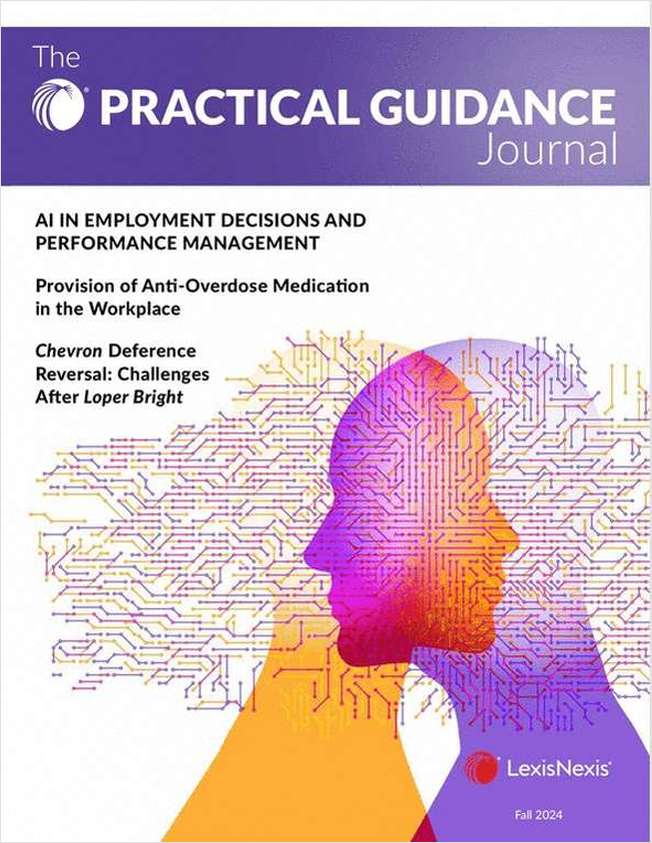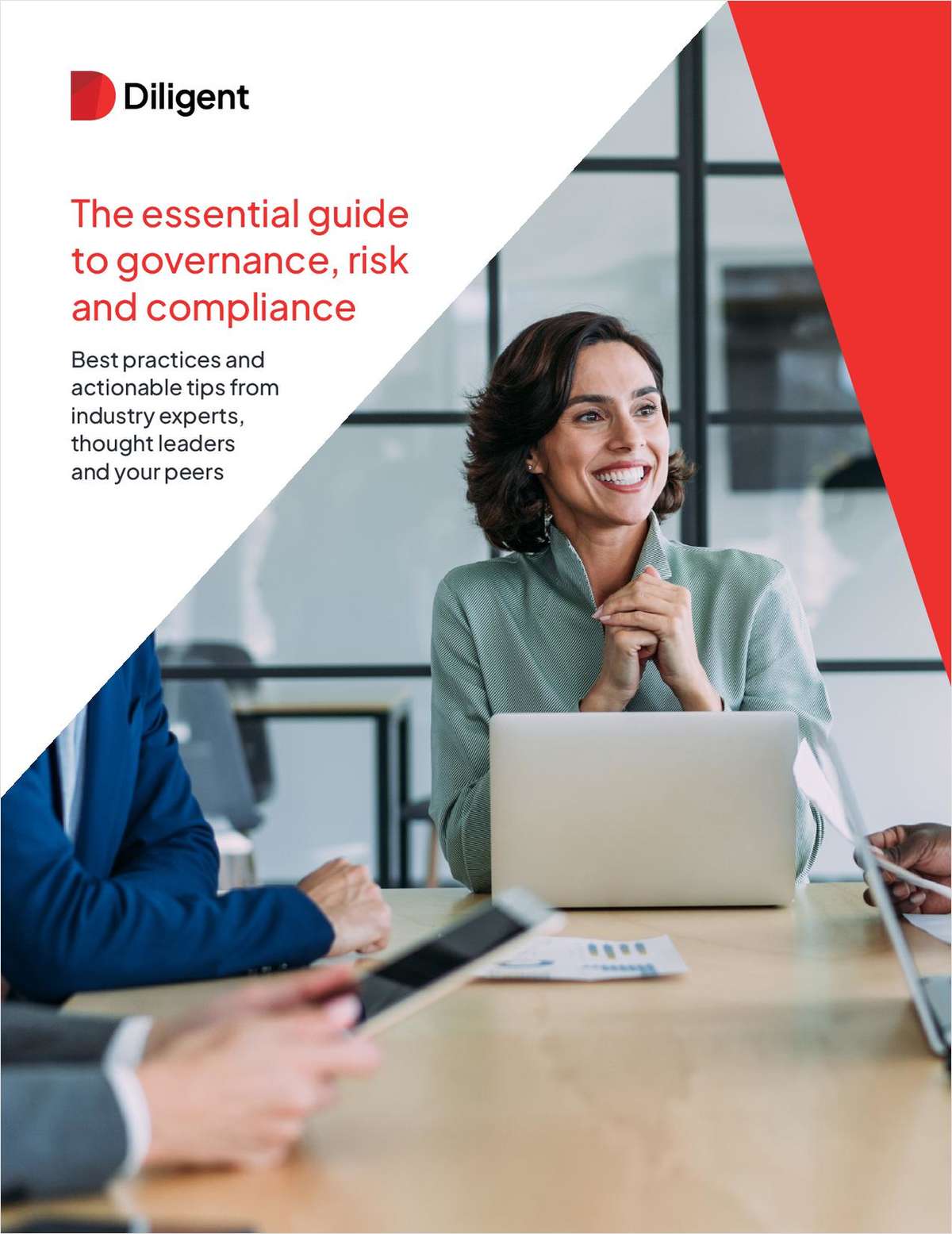Timing of Expert Disclosure Under CPLR 3101(d)
Kevin G. Faley and Andrea M. Alonso review relevant decisions to conclude that neither the First nor Second Department seems inclined to draw a "bright-line" rule on whether expert disclosure after the Note of Issue and Certificate of Readiness have been filed is considered untimely.
April 20, 2015 at 03:22 PM
12 minute read
The original version of this story was published on New York Law Journal
Expert disclosure timing is a controversial issue in New York practice. There is no universal ruling regarding whether expert disclosure, governed by CPLR §3101(d), must be made before the Note of Issue and Certificate of Readiness have been filed. There is no rule that requires expert disclosure to be exchanged a certain period of time before trial. Both the First and Second Departments have addressed this issue and have held that courts can use their discretion to decide if the expert disclosure was done timely and if it will be precluded at trial.
Background
Generally, when a party files a Note of Issue and Certificate of Readiness, the party affirms that all the discovery proceedings have been completed. However, the wording of CPLR §3101(d) does not call for disclosure of experts to be done before a note of issue has been filed.
CPLR §3101(d) provides that each party must identify the experts to be called at trial and must disclose in reasonable detail the subject matter on which the expert is to testify.1 The statute also provides that when a party shows good cause for retaining an expert an insufficient time before the trial, that party may be allowed to introduce the expert's testimony.
The Second Department has held that where “one party requests trial expert disclosure during discovery pursuant to CPLR 3101(d)(1)(i), a recipient party who does not respond to the request until after the filing of the Note of Issue and Certificate of Readiness will not automatically be subject to preclusion of its expert's trial testimony.”2
History: Key Cases
The Second Department ruled in the 2008 case of Construction by Singletree v. Lowe that a trial court can preclude an expert's affidavit when it is offered in opposition to a summary judgment motion where the expert was not disclosed prior to the filing of the note of issue.3
NOT FOR REPRINT
© 2024 ALM Global, LLC, All Rights Reserved. Request academic re-use from www.copyright.com. All other uses, submit a request to [email protected]. For more information visit Asset & Logo Licensing.
You Might Like
View All
A&O Shearman Adopts 3-Level Lockstep Pay Model Amid Shift to All-Equity Partnership
3 minute read
'Clear Abuse of Discretion': 9th Circuit Says Judge Should Have Recused From Death Row Inmate's Lawsuit

NY Judge Admonished for Writing Recommendation Letters for Pistol Licenses

'Rocket Docket': EDVA Judge Controls Google's Fate in Ad Tech Monopoly Trial
4 minute readTrending Stories
- 1The Law Firm Disrupted: Playing the Talent Game to Win
- 2Preparing Your Law Firm for 2025: Smart Ways to Embrace AI & Other Technologies
- 3BD Settles Thousands of Bard Hernia Mesh Lawsuits
- 4GlaxoSmithKline Settles Most Zantac Lawsuits for $2.2B
- 5A&O Shearman Adopts 3-Level Lockstep Pay Model Amid Shift to All-Equity Partnership
Who Got The Work
Blank Rome partner Andrew T. Hambelton has stepped in to defend Fragrancenet.com in a pending trademark infringement lawsuit. The case, filed Aug. 29 in New York Southern District Court by the Blakely Law Group, targets the defendants for allegedly selling counterfeit fragrance products. The case, assigned to U.S. District Judge Lorna G. Schofield, is 1:24-cv-06521, Abercrombie & Fitch Trading Co. v. Quester (US) Enterprises, Inc. et al.
Who Got The Work
Davis Polk & Wardwell partners Mari Grace and Edmund Polubinski III have entered appearances for Australia-based Bitcoin-mining company Iris Energy and other defendants in a pending securities class action. The action, filed Oct. 7 in New York Eastern District Court by the Rosen Law Firm, contends that the defendants concealed the inadequacy of the company's site in Childress County, Texas, including it being 'ill-equipped' and unable to operate the company's proprietary design. The case, assigned to U.S. District Judge Peggy Kuo, is 1:24-cv-07046, Williams-Israel v. Iris Energy Limited et al.
Who Got The Work
Ryan S. Stippich of Reinhart Boerner Van Deuren has entered an appearance for biopharmaceutical company Veru Inc. and other defendants in a pending shareholder derivative lawsuit. The action, filed Sept. 30 in Wisconsin Western District Court by the Brown Law Firm on behalf of June Ovadias, accuses the defendant of failing to disclose that small sample sizes and other issues rendered it unlikely that the FDA would grant Emergency Use Authorization for the cancer drug candidate sabizabulin as a potential treatment for COVID-19. The case, assigned to U.S. District Judge William M. Conley, is 3:24-cv-00676, Ovadias, June v. Steiner, Mitchell et al.
Who Got The Work
Holland & Knight partners Cynthia A. Gierhart and Thomas Willcox Brooke have entered appearances for Pakistani American Political Action Committee and Rao Kamran Ali in a pending trademark infringement lawsuit. The action, filed Sept. 24 in District of Columbia District Court by Jackson Walker on behalf of Pakistani American Public Affairs Committee, accuses the defendants of using a mark that's confusingly similar to the plaintiff's 'Pak-Pac' marks without authorization. The case, assigned to U.S. District Judge Randolph D. Moss, is 1:24-cv-02727, Pakistani American Public Affairs Committee v. Pakistani American Political Action Committee et al.
Who Got The Work
Lauren M. Rosenberg and Yonatan Even of Cravath, Swaine & Moore have stepped in to represent Israel-based Oddity Tech Ltd. in a pending securities class action. The case, filed Aug. 30 in New York Southern District Court by Pomerantz LLP and Holzer & Holzer, contends that the defendant made materially misleading statements regarding the capability of Oddity's AI technology and ongoing civil litigation, resulting in the artifical inflation of the market price of Oddity's securities. The case, assigned to U.S. District Judge Margaret M. Garnett, is 1:24-cv-06571, Hoare v. Oddity Tech Ltd. et al.
Featured Firms
Law Offices of Gary Martin Hays & Associates, P.C.
(470) 294-1674
Law Offices of Mark E. Salomone
(857) 444-6468
Smith & Hassler
(713) 739-1250








